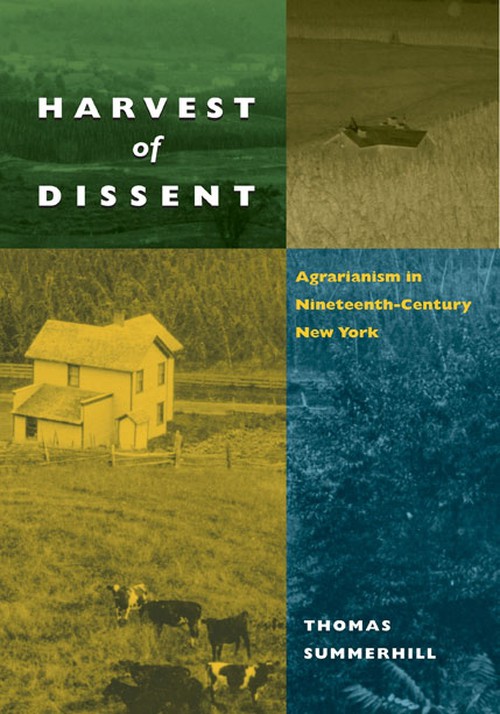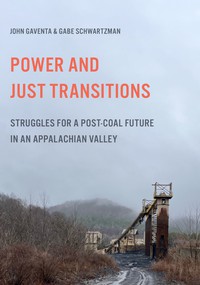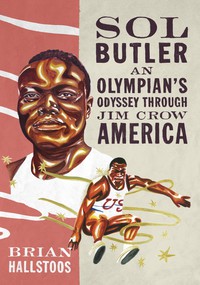
Harvest of Dissent
Agrarianism in Nineteenth-Century New York
A deep account of the long transition towards capitalism and modernity in the rural United States
Paper – $28
978-0-252-07547-6
Publication Date
Paperback: 01/01/2008
Cloth: 06/20/2005
Cloth: 06/20/2005
About the Book
With an elegant blend of political, social, and economic history, Thomas Summerhill's Harvest of Dissent investigates the character of agrarian movements in nineteenth-century New York. By reexamining the nature of Northern farmers' embrace of, or resistance to, the emergence of capitalist market agriculture, Summerhill convincingly demonstrates the protracted process of drawing farmers into capitalist markets, and the ways farmers selectively and creatively resisted it. Harvest of Dissent brings together the events of nearly a century of agrarian radicalism in central New York--including the Anti-Rent movement and the Grange movement--to mark political, economic, and social transformations in the emergence of modern America.About the Author
Thomas Summerhill is an assistant professor of history at Michigan State University. He coedited Transatlantic Rebels: Agrarian Radicalism in Comparative Context.Reviews
"Those familiar with older studies of 19th-century New York politics will need to lay aside their assumptions to confront anew Summerhill's Jeffersonians, Jacksonian Democrats, Whigs, and Republicans of varied local stripes populating the farms and villages of central New York. The author brings their struggles to life, including the repeated use of violence throughout the century. Informed by an impressive famliarity with the literature and founded upon an apparently complete reading of all relevant archival source, this will become an important work. Highly recommended."--Choice"This book is a rich history that elucidates the role farmers played in an ongoing discourse over the nature of democracy and capitalism in the American republic. Summerhill has made an important contribution to the scholarship in his balanced and well-researched articulation of the nineteeth-century political economy."--American Historical Review
Blurbs
"Summerhill demonstrates that rural New Yorkers--like Americans as a whole--had a legacy of democratic activism that was at times disrupted or transformed, but never ruptured. I can think of few finer analyses of local politics--a masterful book."--Robert D. Johnston, co-editor of The Countryside in the Age of the Modern State: Political Histories of Rural America






